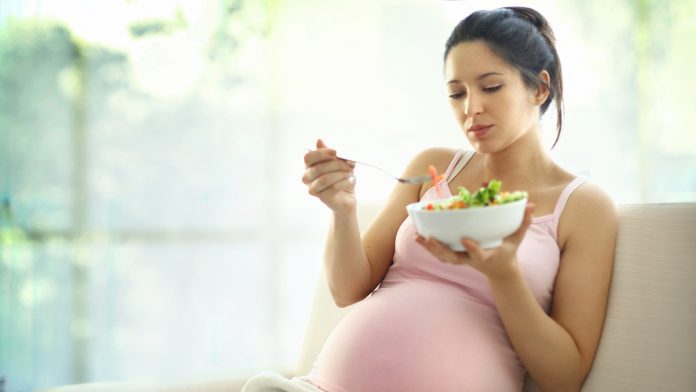
Guidelines outline limitations on consuming fish during pregnancy but now, the University of Bristol calls for this to change.
The NHS states that eating fish during pregnancy should be limited. This includes tuna due to its mercury levels, which can be harmful to the unborn baby and oily fish, which have pollutants such as dioxins in them, which similarly can be harmful to the baby. Raw shellfish should also be avoided as they can have harmful bacteria, viruses, or toxins which lead to food poisoning.
These recommendations have been in place for many years; however, the University of Bristol has found that a woman’s mercury levels are unlikely to harm the development of the child if the woman consumes fish during pregnancy.
The effects of fish during pregnancy
The researchers used data from over 4,131 pregnant women from the Children of the 90s study in the UK and utilised analysis from detailed studies in Seychelles. They published their findings in NeuroToxicology.
The researchers found that it does not appear to matter whether women consumed fish during pregnancy, and the type of fish had no effect because the essential nutrients in the fish could be protective against the mercury content of the fish. The more important factor was whether women ate fish or not. This discovery contrasts with the current dietary advice surrounding fish during pregnancy.
Several studies have examined the question of whether fish during pregnancy is safe for the baby’ however, the University of Bristol pooled data from two contrasting studies of populations with mercury levels measured during pregnancy where the children were followed up at frequent intervals during their childhood.
Analysing contrasting pregnant populations
The first study focused on pregnant women in Seychelles, who mostly consumed fish during pregnancy. The second study analysed data from the university’s Children of the 90s study (also known as the Avon Longitudinal Study of Parents and Children (ALSPAC)), based in a relatively industrialised area in South-west England where fish is consumed much less. No summary of the findings from this study has been previously published.
Although data has shown that children of women who consume fish during pregnancy are likely to benefit in various ways regarding their eyesight and intellectual abilities, official advice warns against eating certain types of fish that have high levels of mercury. As a result, there is a chance that women will stop eating fish ‘to be on the safe side’.
Dr Caroline Taylor, Senior Research Fellow and co-author of the study, said: “We found that the mother’s mercury level during pregnancy is likely to have no adverse effect on the development of the child provided that the mother eats fish. If she did not eat fish, then there was some evidence that her mercury level could harm the child. This could be because of the benefits from the mix of essential nutrients that fish provides, including long-chain fatty acids, iodine, vitamin D and selenium.”
Professor Jean Golding, co-author and Emeritus Professor of Paediatric and Perinatal Epidemiology at the University of Bristol, said: “It is important that advisories from health professionals revise their advice warning against eating certain species of fish. There is no evidence of harm from these fish, but there is evidence from different countries that such advice can cause confusion in pregnant women. The guidance for pregnancy should highlight ‘Eat at least two portions of fish a week, one of which should be oily’ – and omit all warnings that certain fish should not be eaten.”

























